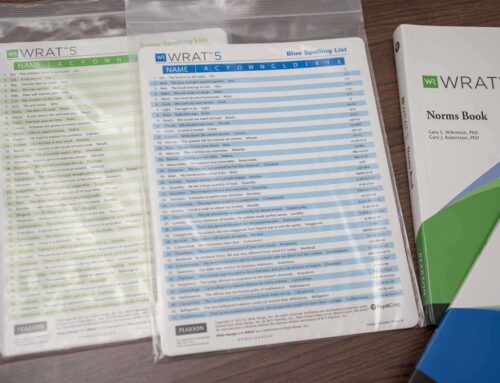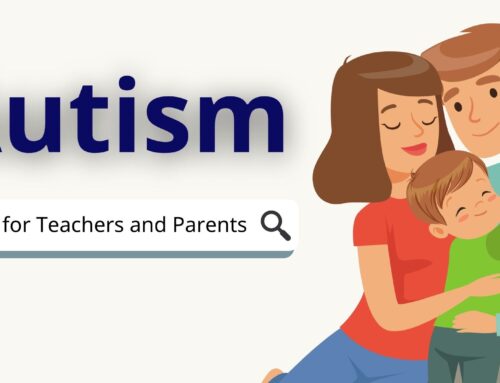Speech and language development is a fascinating journey for children. They progress from cooing and babbling to using words and sentences, expressing themselves, and engaging with the world around them. However, some children may experience delays in this process.
This blog aims to provide a neutral and objective overview of speech and language delays in children. We’ll explore what they are, common signs to look for, and potential causes. We’ll also touch upon the importance of early intervention and available resources.
What are Speech and Language Delays?
A speech and language delay occurs when a child’s development of communication skills falls behind what’s expected for their age. This can involve difficulties with:
- Speech production: Pronouncing sounds correctly, using appropriate intonation, or fluency (smoothness) of speech.
- Language comprehension: Understanding spoken language, including following directions or grasping the meaning of words and sentences.
- Language expression: Using words and sentences to communicate needs, wants, and ideas.
It’s important to distinguish between speech delays and language delays. A child with a speech delay may have trouble forming sounds or speaking clearly, but they might understand language well. Conversely, a child with a language delay might use gestures to communicate but struggle to understand or use spoken language effectively.
Signs to Watch For
Every child develops at their own pace. However, certain signs might indicate a potential speech or language delay. Here are some general milestones to keep in mind, but remember these are just a guide:
- By 12 months: Doesn’t babble or use gestures like pointing.
- By 18 months: Has fewer than first words (around 5), prefers gestures over speaking, or has difficulty understanding simple requests.
- By 2 years: Doesn’t speak in two-word phrases, has limited vocabulary, or has unclear speech that’s difficult to understand.
- By 3 years: Doesn’t use short sentences (around 3 words), struggles to follow simple instructions, or has difficulty using pronouns like “me” and “you.”
- By 4 years: Has limited vocabulary for their age, struggles to answer simple questions, or has trouble telling a simple story.
If you have concerns about your child’s speech or language development, it’s crucial to consult with a healthcare professional. Early intervention can significantly improve outcomes for children with speech and language delays.
Potential Causes
Speech and language delays can arise from various factors, including:
- Hearing problems: If a child can’t hear sounds clearly, it can hinder their ability to learn and develop speech and language skills.
- Oral-motor difficulties: Problems with the muscles used for speech can make it challenging to form sounds correctly.
- Developmental delays: Speech and language delays can sometimes co-occur with broader developmental delays.
- Autism spectrum disorder (ASD): Children with ASD may have difficulty with social communication and interaction, which can impact their speech and language development.
Importance of Early Intervention
Early intervention is vital for children with speech and language delays. Speech-language pathologists (SLPs) are qualified professionals who can assess a child’s communication skills and develop a personalized therapy plan. Therapy can help children improve their:
- Speech production and clarity
- Language comprehension and expression
- Social communication skills
By intervening early, children with speech and language delays can gain the tools they need to reach their full communication potential and thrive in school and social settings.
Available Resources
There are numerous resources available to support children with speech and language delays and their families. Here are a few examples:
Conclusion
Speech and language delays are relatively common, and with proper identification and support, children can overcome these challenges and develop strong communication skills. If you have concerns about your child’s speech or language development, don’t hesitate to reach out to a healthcare professional. Early intervention is key to maximizing your child’s potential and helping them flourish in a world rich with communication.





Leave A Comment